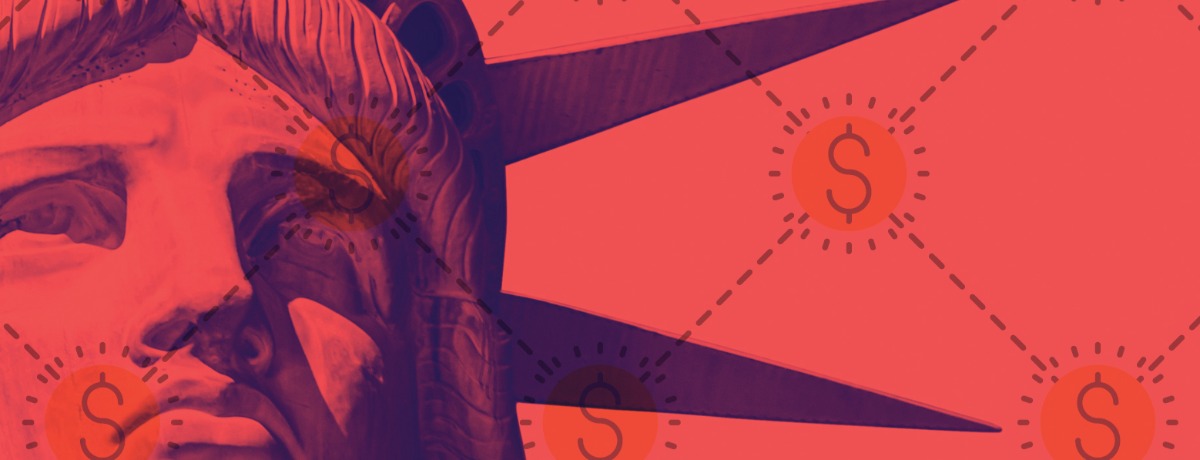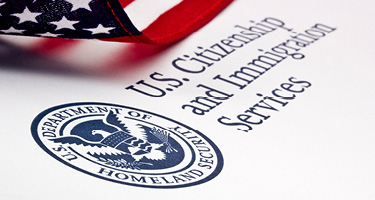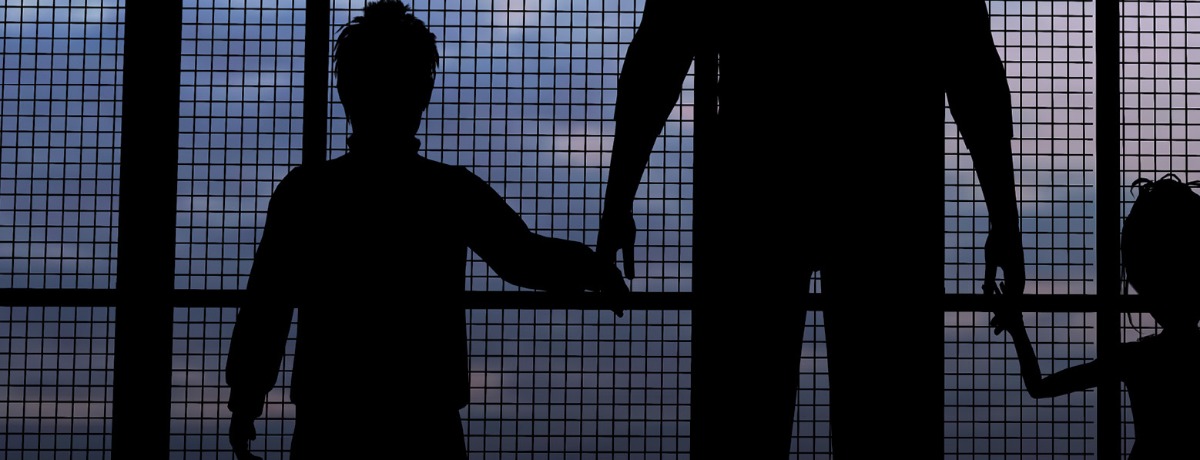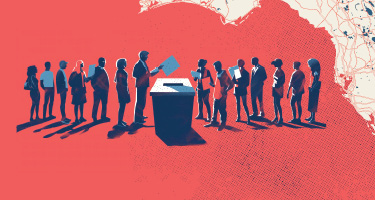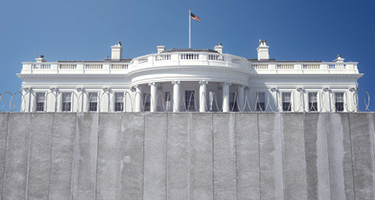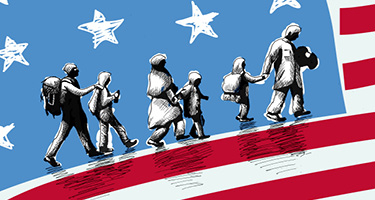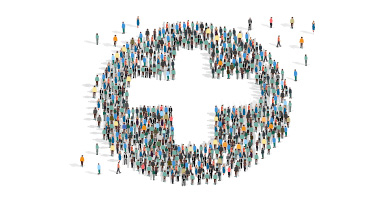The immigration process in the United States has become one of the most tempestuous issues in American politics. The path to citizenship has become increasingly difficult from recent policy changes by the Trump administration. One of the recent changes surrounds the cost of the application fee that is directed to the Department of Homeland Security. Changes to the waiver process for the $725 fee have made cost one of the most prohibitive barriers to naturalization. Catalyst Miami, a nonprofit social-services organization, is hoping to help many who wish to become U.S. Citizens by offering microloans for the application process. The nonprofit conducts a screening to see if an applicant is eligible for the immigration process. If they are eligible, Catalyst Miami makes out a check on behalf of the applicant in the full amount to the Department of Homeland Security. The loan is zero-interest and zero-fee with a small installment plan that is paid back over the course of 10 months.
- U.S. citizenship costs remain a significant barrier, with fees exceeding $725, impacting eligible immigrants and families.
- Catalyst Miami offers zero-interest microloans, removing financial hurdles and assisting nearly 5,500 individuals in their citizenship ambitions.
- Discussion of recent policy changes highlights increased scrutiny and challenges in the naturalization process, posing legal questions and opportunities for advocacy.
- Best Lawyers-recognized attorneys detail the transformation in citizenship interviews, emphasizing the complexities and risks for applicants.
One of the biggest challenges that immigrants face during the naturalization process is cost. Since 1989, the price for the application process has increased by over 1,000 percent. One of the ways to apply for a fee waiver was under “public charge” grounds. A public charge is “an individual who receives one or more designated public benefits for more than 12 months, in the aggregate, within any 36-month period.” Some of the most common ways an individual would be considered a public charge would be to qualify for food stamps, Medicaid, or several other poverty-assistance programs. An executive order by the Trump administration has severely restricted that threshold. There have been several other proposed changes and some that have been implemented including scrutinization of applicants’ social media use, reduction in asylum applications, deeper background screening, increased monetary minimums for investor-based residency, and the requirement to show proof of health care coverage. Many of those proposed changes have been met with legal challenges.
To date, Catalyst Miami has helped almost 5,500 people with a number of services including help with the Affordable Care Act application process, financial education, state- and public-benefit screenings, as well as tax preparation services. In addition, they have helped actively involve their clients in community projects, volunteer initiatives, and parental-improvement programs.
Best Lawyers-recognized attorneys share their thoughts on the current state of the United States immigration process as well as the efforts that Catalyst Miami is putting forward.
Tammy Fox-Isicoff – Partner at Rifkin and Fox-Isicoff, P.A.
Miami’s 2019 “Lawyer of the Year” in Immigration Law
Does this service clear one of the major hurdles that immigrants currently face with the process? Absolutely. The cost of applying for naturalization is prohibitive for many applicants. With the biometrics fee, each naturalization application requires payment of a $725.00 fee to USCIS. Many applicants for naturalization don’t meet the new, stricter USCIS requirements for a waiver of this fee as their annual income is more than 150 percent of the poverty guidelines. But $725.00 is still a big chunk of their monthly income. Microloans are a great resource for working-class applicants to be able to afford becoming U.S. citizens.
Once the payment is made, how long will the process take for an applicant? Naturalization currently takes about one year from filing the application with USCIS through the naturalization ceremony.
Helena Tetzeli – Partner at Kurzban Kurzban Tetzeli & Pratt, P.A.
Recognized for Immigration Law since 1997
How much more difficult has the path to citizenship process become? The path to citizenship is fraught with peril. Every citizenship interview now has turned into an investigation of the applicant’s entire past. Every applicant who applies for citizenship opens him or herself up to being stripped of residence. It’s not a simple process anymore.
Does this service clear one of the major hurdles that immigrants currently face with the process? The application filing fees for citizenship are now $725 a person. DHS has made it much more difficult to qualify for a fee waiver. This can be costly for anyone. Many families have several applicants who are eligible to file for naturalization, but many cannot afford the filing fees. Most individuals don’t have an extra $725 lying around. Despite these high fees, USCIS has removed “customer service,” and “nation of immigrants” from its mission statement. Thus, applicants for naturalization pay a high fee yet receive little service in return. The naturalization process is often unduly protracted, and officers often treat applicants poorly in the process.
